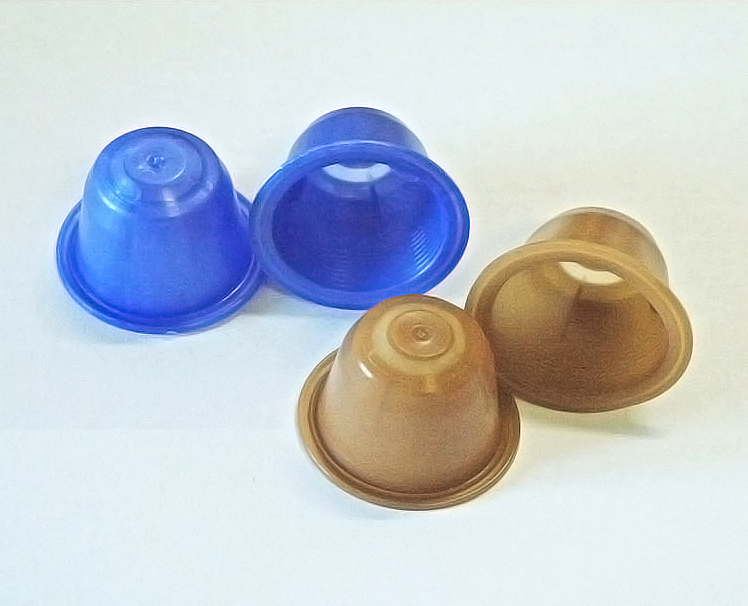Crayving a Solution to Plastic Waste
Shrimp source: photographylife.com
Food waste and single use packaging is abundant in the current market and as a result we are faced with the growing issue of landfill. This raises the key question of: ‘What alternatives do we have?’. In an effort to tackle the problem, four designers from the Royal College of Art have explored a technique using discarded crustacean shells as a key ingredient in creating a biodegradable alternative to traditional plastic packaging.
Chitin, is an ingredient naturally found in crustaceans and can be extracted from seafood byproducts to create completely biodegradable bioplastic. There are roughly 250 million tons of chitin waste a year created by the global seafood industry, meaning this plastic alternative could also provide a solution to the issue of food byproducts in landfill. Chitin is extracted from seafood waste products in a process of removing minerals and protein, which is achieved through fermentation or chemical treatment. In order to create a plastic material, chitin nanofibers are layered with cellulose nanocrystals (the most abundant natural polymer, followed by chitin).
Chitin waste source: yummymummyclub.ca
The material holds bacteriostatic and ‘skin-friendly’ qualities, and is also versatile in its ability to be manipulated into flexible and rigid forms. This makes chitin based bioplastics an ideal candidate for cosmetic and food packaging applications.
Italian medical and cosmetics company MAVI have explored the use of biodegradable films which demonstrated the financial viability and practicality of chitin based plastics. In this instance, research has shown the material to be commercially profitable, and while the development of this process is still in its infancy, it provides hope for a commercially viable and sustainable alternative to current plastics.
Chitin based plastic has been implemented by other small / medium enterprises (SME’s). Examples of which include: coffee capsules by the company, AROMA and packaging manufacturer RODAX. SME’s will be crucial in expanding the emerging market for environmentally friendly design. Currently, this manufacturing process is not widely accessible but companies such as these, that are willing to invest in sustainable innovations will pave the way for other businesses. By popularising ‘greener’ practices, they will inevitably become more available, which will be necessary for industrial design of the future.
Chitin based coffee capsules source: ec.europa.eu/programmes



